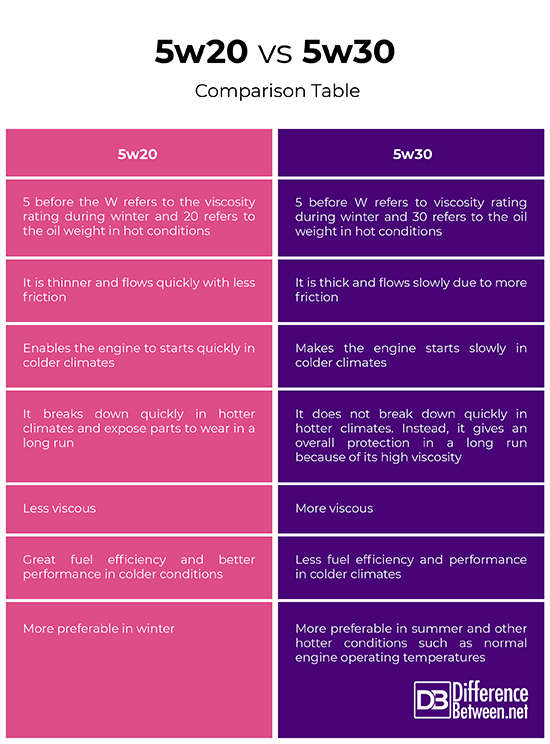When it comes to lubrication, the use of engine oil as a substitute is a common question that arises. Many individuals wonder if engine oil can be used as a lubricant for various purposes. In this article, we will explore this topic and provide you with the necessary information. Let’s dive in!

Credit: www.womens-health.com
Is Engine Oil Suitable for Use as a Lubricant?
The short answer is no. While engine oil may provide lubrication for the internal components of an engine, it is not recommended for use as a general-purpose lubricant. Engine oil is specifically formulated to meet the needs of engines, but it may not have the appropriate properties required for other applications.
Viscosity And Dirt Accumulation
One of the primary reasons why engine oil should not be used as a general-purpose lubricant is its viscosity. Engine oil is designed to be thick to provide proper lubrication to the moving parts of an engine. However, this thick consistency can attract and accumulate dirt and debris, which can cause excessive wear and damage to non-engine components.
Using engine oil as a lubricant may also result in an insufficient level of lubrication due to its viscosity. Different mechanical components require specific lubricating oils with different viscosities to ensure smooth operation. Using engine oil that is not suitable for a particular application can lead to friction and increased wear.
Differences Between Engine Oil And Lubricating Oil
Engine oil, also known as motor oil, is specifically designed for use in engines to reduce friction, heat, and wear between mechanical components. On the other hand, lubricating oil, also known as lube, is a broader term that encompasses various oils used to reduce friction, heat, and wear between mechanical components in applications other than engines.
Lubricating oil is formulated to meet the specific requirements of different applications, whereas engine oil is specifically designed for use in engines. The different additives and properties in lubricating oil make it more suitable for general-purpose lubrication.
For Details: Is Engine Oil A Lubricant?

Credit: www.valvolineglobal.com
Why Choose Specialist Lubricants?
Using specialist lubricants for specific applications is crucial to ensure optimal performance and longevity. Specialist lubricants are formulated to meet the specific needs of different mechanical components, providing the required level of lubrication and protection.
For example, using a grease instead of engine oil can be beneficial in applications that require intense friction and high-speed movement. Grease is designed to stay in place and provide a long-lasting barrier between metal components, making it ideal for wheel bearings and other similar components.
While engine oil may work well for engines, relying on it for general-purpose lubrication can lead to suboptimal results and potential damage to the equipment.
Other Considerations for Lubrication
When choosing a lubricant, it is crucial to consider factors such as temperature, load, speed, and compatibility with materials. Specialist lubricants are formulated to withstand specific conditions and provide the necessary level of lubrication and protection.
It is also important to refer to the manufacturer’s recommendations for lubricants in your equipment or mechanical components. Following the guidelines provided by the manufacturer ensures that you are using the appropriate lubricant for optimal performance and longevity.
Conclusion
While engine oil is designed to provide lubrication for engines, it is not suitable for general-purpose lubrication. The viscosity and specific formulation of engine oil make it less effective and potentially damaging when used as a substitute for lubricants designed for other applications.
Choosing the right lubricant for each specific purpose is essential to ensuring optimal performance, longevity, and protection for your equipment and mechanical components. Utilizing specialist lubricants formulated for specific applications is the best practice to maintain the reliability and efficiency of your machinery.
Read More:


